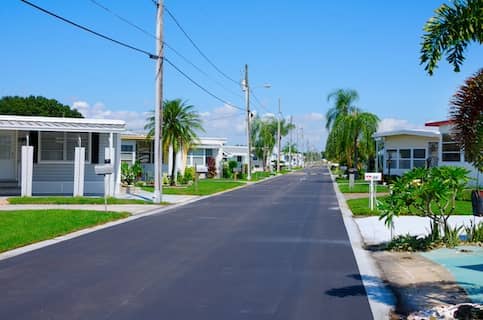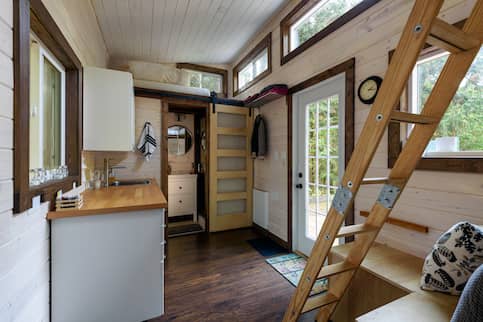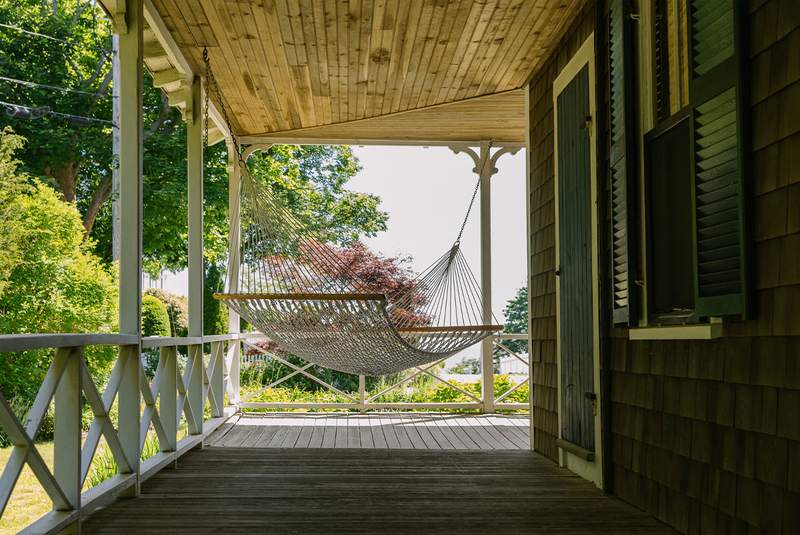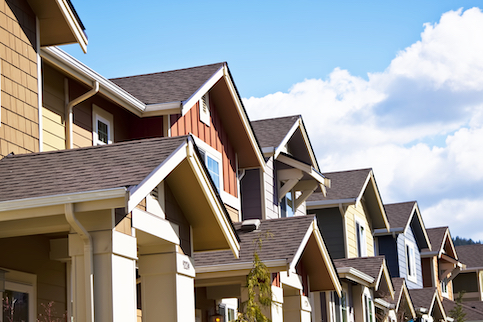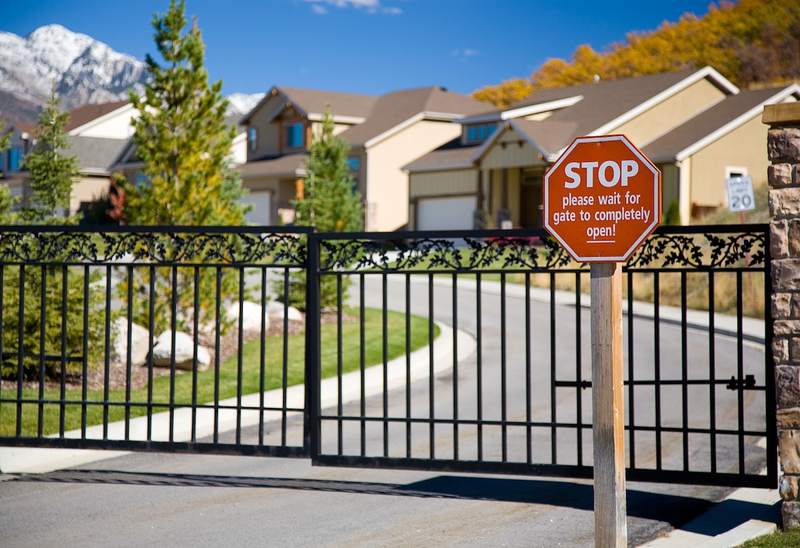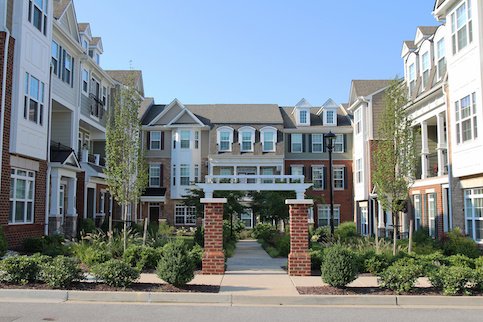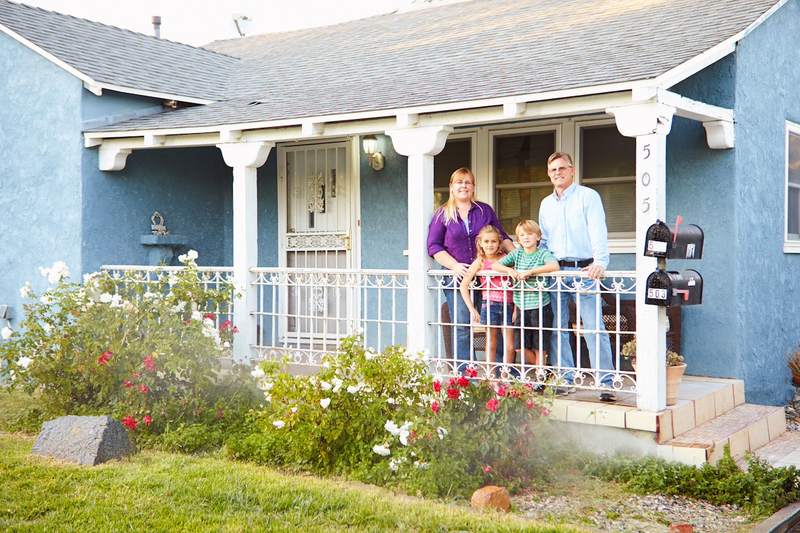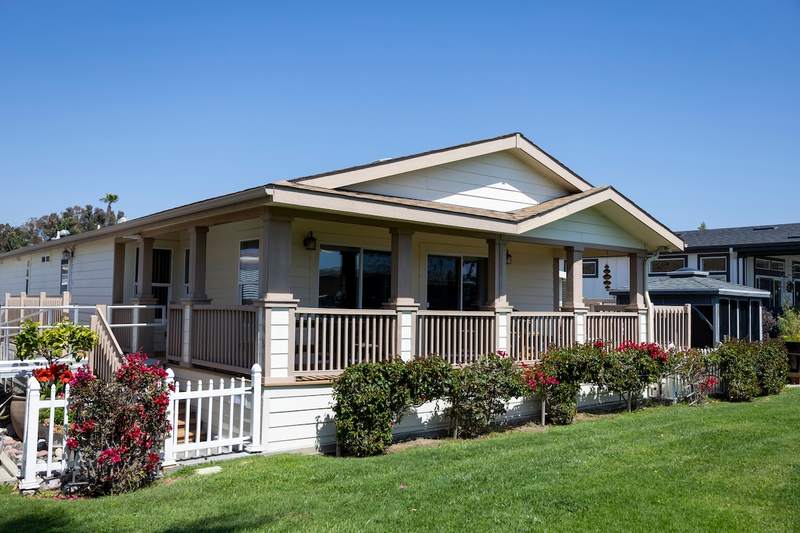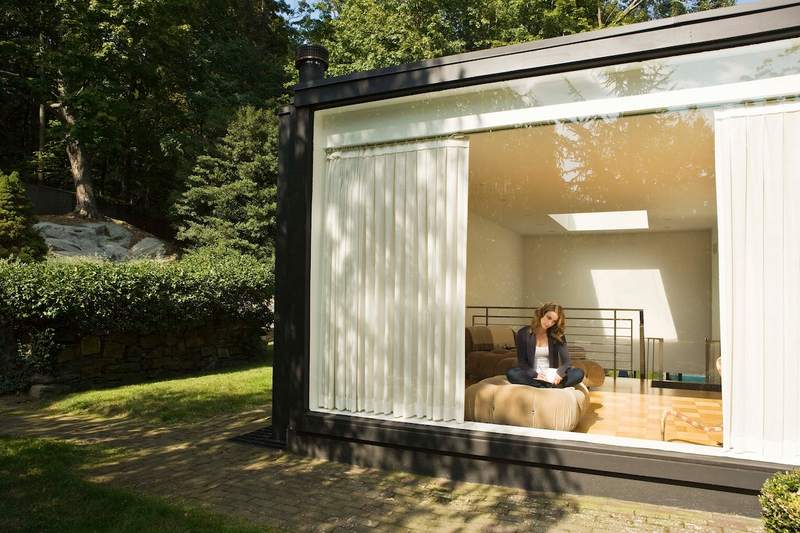Effective Nov. 16, 2025, both Fannie Mae and Freddie Mac no longer require a specific minimum credit score for conventional loan approval. Instead, loan decisions will be based on an analysis of overall credit risk factors.
A manufactured home offers prospective homeowners a relatively affordable way to obtain a new build. While manufactured home prices tend to be more reasonably priced than other styles of housing, coming up with a down payment can still be a challenge. If you’re interested in purchasing a manufactured home but are struggling to build a down payment, down payment assistance (DPA) can help.
Let’s explore your manufactured and mobile home down payment assistance options to see if it’s the right fit for your situation.
Mobile Homes vs. Manufactured Homes
The difference between mobile homes and manufactured homes is slight. According to the Department of Housing and Urban Development (HUD), the main distinction between a mobile home and a manufactured home is the date it was built. HUD has determined that factory-built homes made before June 15, 1976, are considered mobile homes. But factory-built homes made after that date are considered manufactured homes. If you have a mobile home built before June 15, 1976, it may be hard to find a loan as they are considered ineligible for financing through the Federal Housing Administration (FHA), Department of Veterans Affairs, Freddie Mac or Fannie Mae.
See What You Qualify For
Buy A Home
Discover mortgage options that fit your unique financial needs.

Refinance
Refinance your mortgage to have more money for what matters.
Tap Into Equity
Use your home’s equity and unlock cash to achieve your goals.
How To Finance A Mobile Or Manufactured Home
If you’re interested in purchasing a manufactured home, you may have a few different financing options. Below is a closer look at some of the ways you can finance your home purchase. Keep in mind, a VA, FHA, USDA and conventional loan are not available for mobile homes (built before June 15, 1976).
- VA loan: VA loans are available to home buyers with the appropriate military qualifications, including active service members and veterans, and their eligible surviving spouses. A VA loan doesn’t come with any down payment requirements. But you may face a funding fee between 0.5% and 3.3% of the loan.
- FHA loan: The FHA loan is another government-backed loan. If you have a credit score of at least 580, you may only need to make a 3.5% down payment on an FHA loan to finance your home.
- USDA loan: USDA loans are insured through the U.S. Department of Agriculture, which places geographic restrictions on your home purchase. In general, you’ll need to purchase a manufactured home in a designated rural location to tap into a USDA loan, which doesn’t come with a minimum down payment requirement. You can find a map of approved areas on the USDA’s website.
- Conventional loan: Conventional loans aren’t backed by the government, which means you’ll likely face steeper down payment requirements and need better financial qualifications, like a minimum credit score of 620 and a stable income, to finalize the home loan for your manufactured home purchase.
- Chattel mortgage: A chattel mortgage is a more unique option, which is available for mobile homes that are semi-permanent. In general, chattel mortgages have shorter loan terms and higher interest rates.
- Manufacturer financing: Some home manufacturers offer their own financing options. If you qualify, you may be able to obtain a mobile home without a traditional home loan option. If you go this route, expect to pay higher interest rates and fees.
How To Find Down Payment Assistance For Manufactured Homes
While home buyers looking to purchase this type of home have mortgage options, most home loans require a down payment of some kind. For many would-be home buyers, saving up a down payment is a significant obstacle.
The good news is that some buyers may qualify for down payment assistance, which can help you achieve your goal of homeownership faster. If you are interested in a helping hand, scope out where to find down payment assistance programs (DPAs) below. Just keep on mind that not all lenders accept all DPA programs. Make sure to speak with your lender to learn what programs they accept. You’ll also want to see if mobile homes are ineligible for the program you’re seeking.
- Federal programs: The FHA and USDA each offer low down payment mortgage options for eligible buyers. With low down payment loans available, you might be able to finalize a home loan without saving up for a down payment.
- State and local programs: Some state and local governments offer down payment assistance programs to eligible residents. It never hurts to ask a real estate professional about these kinds of opportunities.
- Nonprofit organizations: Some organizations support down payment assistance programs. Consider researching housing-focused nonprofits in your area.
Find A Mortgage Today and Lock In Your Rate!
Get matched with a lender that will work for your financial situation.
Types of Down Payment Assistance Programs
Down payment assistance programs can make a world of difference to your homeownership journey. If you are interested in exploring your down payment assistance options, it’s helpful to understand the different types available. We take a closer look at your options below.
Grants
Grants are essentially free money that you don’t have to repay. You can use grant funds to cover some of the upfront costs of homeownership, including your down payment. After closing, you generally aren’t expected to repay the funds.
The grant amount you receive varies from program to program. But it’s possible to receive a substantial grant if you qualify. For example, eligible home buyers in Orlando can access grants with a maximum of $45,000 through the city’s down payment assistance program.
Loans
Some prospective home buyers can obtain the down payment funds they need through a down payment assistance loan. In general, these types of loans come with a low interest rate or no interest rate at all.
The benefit of taking a loan to cover your down payment costs is that you’ll get into the home you desire more quickly. But signing up for another loan could put more pressure on your financial situation.
Forgivable Loans
Forgivable loans are another form of down payment assistance. In general, a forgivable loan comes with specific conditions that must be met for the down payment loan to be forgiven.
For example, a homeowner with a forgivable loan might see the loan forgiven after living in the house for a set number of years. The catch is that a forgivable loan may not be forgiven if you don’t meet the specific conditions. If you don’t meet the conditions, you could be on the hook for repaying the funds when you move out or sell the house.
Tax Credits
Tax credits are another way that down payment assistance programs are structured. In this case, the home buyer usually has to come up with the down payment funds upfront. But when they file their taxes, they can receive a refund to recoup some of their costs.
While tax credits as a down payment assistance option are available to eligible buyers in some states, you’ll need to dig into the tax code to find your DPA opportunities. Another option is to ask your real estate agent or tax professional for guidance.
Applying For Manufactured Home Down Payment Assistance
If you find a down payment assistance program that suits your needs, it’s time to apply for the opportunity. Below is a closer look at some of the steps you’ll likely take to move through the manufactured home down payment assistance process.
- Gather necessary documents: You’ll need to collect documents about your financial situation to prove your eligibility for the DPA. Some commonly required documents include proof of income, tax returns, bank statements and identification documents.
- Meet with a housing counselor: Many DPA programs — including FHA DPA programs — require that you work with a housing counselor who will walk you through the program’s unique requirements. Not only will the counselor provide information about the program, but they can also answer any questions you have along the way.
- Complete an application: In addition to your mortgage application, you’ll need to complete a separate application for any down payment assistance.
- Respond to requests for additional information: After you apply, some DPA programs may reach out for more information about your financial situation. Be prepared to provide any necessary information.
Like mortgage lenders, many down payment assistance programs consider your credit history. Since your credit score will likely influence your ability to land assistance from a DPA program, it’s helpful to review your credit score before moving forward. If necessary, take action to improve your credit score before submitting an application.
Tips To Help Get Down Payment Assistance
Down payment assistance can help you make your dreams of homeownership a reality. As you navigate the process, consider the following tips:
- Evaluate your DTI ratio: Evaluate your debt-to-income ratio (DTI). This tells lenders how much of your income is going toward your debt. A low debt-to-income ratio will increase the likelihood of approval for mortgages and DPA programs. DPA programs also help prospective homeowners with a loan DTI. If you have a lot of debt, consider paying some off before diving into the homeownership arena.
- Build some savings: A down payment is a significant savings milestone. But it’s not the only cost in your homeownership journey. If possible, save up to pay for closing costs and enough to fund the mortgage payment for a few months.
- Ask questions: If you have questions about the DPA programs available in your area, don’t be afraid to ask your real estate agent. After you find a program, don’t hesitate to ask questions before submitting your application to make sure you’ve crafted the best possible application.
The Bottom Line
As you look to buy a mobile or manufactured home, don’t overlook your down payment assistance options. If you are eligible for a DPA program, speak to your lender to know which ones they accept and then apply. Also, do some research about the different types of loans you could use to finance your home purchase. With the right information in hand, you can move forward confidently.
Find A Mortgage Today and Lock In Your Rate!
Get matched with a lender that will work for your financial situation.

Sarah Sharkey
Sarah Sharkey is a personal finance writer who enjoys diving into the details to help readers make savvy financial decisions. She’s covered mortgages, money management, insurance, budgeting and more. She lives in Florida with her husband and dog. When she's not writing, she's outside exploring the coast. You can connect with her on LinkedIn.
